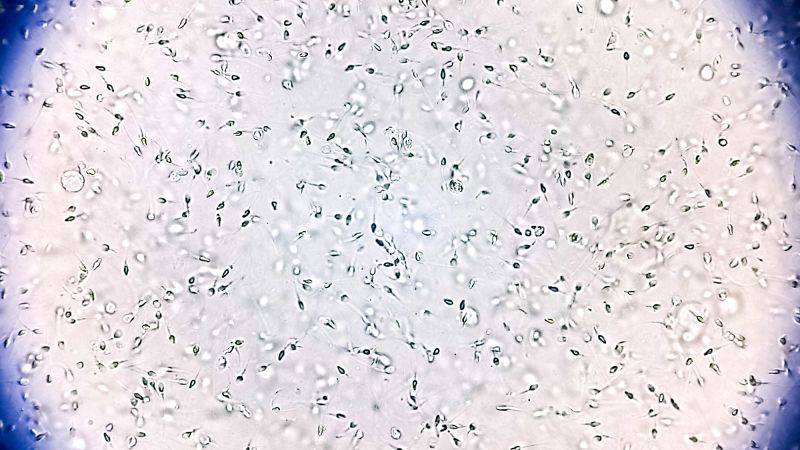Sperm Donor's Rare Mutation Spurs Debate for Regulatory Change
Unraveling the Genetic Mystery
As news spreads about the sperm donor with a rare genetic mutation linked to cancer, many are shocked and demanding changes in how sperm donation is regulated. Scientists have identified that at least ten of these children have developed cancer, potentially attributable to the donor's genetic makeup.

The Call for Stricter Regulations
In light of these revelations, there is a growing demand for reforms in the fertility industry, particularly regarding how genetic information is screened and disseminated. Currently, laws differ greatly across countries, with varying standards on the maximum number of children per donor. This inconsistency poses potential risks and ethical dilemmas.
“Genetic screening should be mandatory for all donors, and we must set strict global standards to prevent future occurrences,” says Dr. Lisa Feldman, a leading geneticist.
- Instituting mandatory genetic testing for donors
- Limiting the number of pregnancies per donor to avoid potential genetic anomalies
- Creating a centralized database for tracking sperm donors
The Ethical Dimensions
This case raises vital ethical questions. Should donors be legally obligated to disclose all potential genetic risks? And what rights do donor-conceived children have when it comes to accessing their genetic history? These are pressing issues that fertility experts are now scrambling to address.
Explore literature on genetic ethicsResponses from Affected Families
The families of the affected children are understandably distraught. Many parents were unaware of the potential genetic risks involved with their chosen donor. Support groups and fertility counseling services have seen a surge in demand as families seek answers and consolation.
“We were never informed about any genetic testing, and now my child is facing the consequences,” one parent expressed in a fertility support forum.Join discussions on fertility challenges
What Lies Ahead?
The unfolding situation has triggered debates not only in the medical community but also among regulatory bodies regarding the future of reproductive technology. Authorities are urged to act quickly to prevent similar situations in the future.
Read expert opinions on LinkedInAs this story develops, it's important for potential sperm donors and recipients alike to consider the implications of genetic risks. Tools such as genetic counseling and open databases could certainly help in making informed decisions about family planning.
Watch a detailed explanation of genetic risks in reproductive health